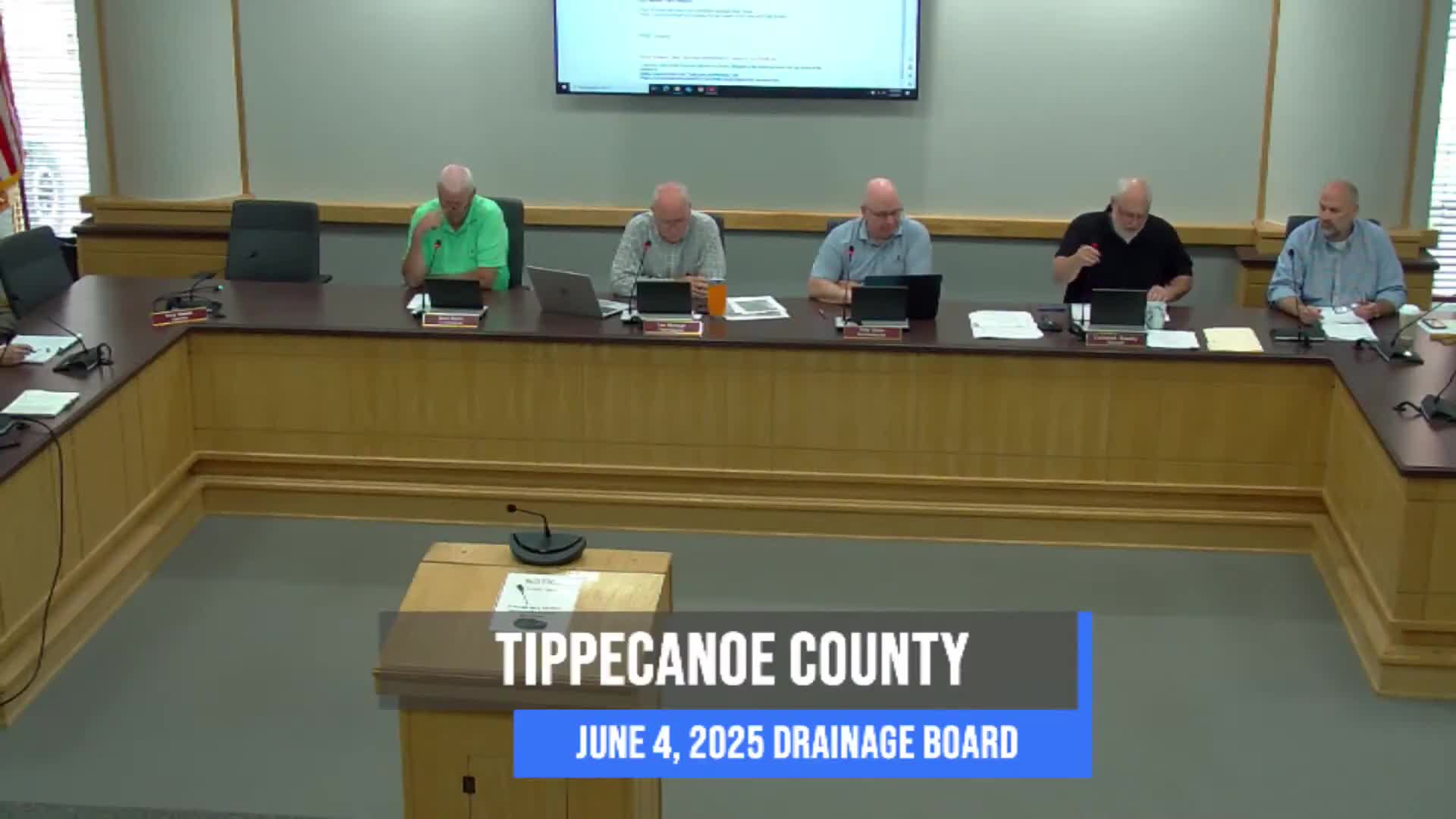Article not found
This article is no longer available. But don't worry—we've gathered other articles that discuss the same topic.
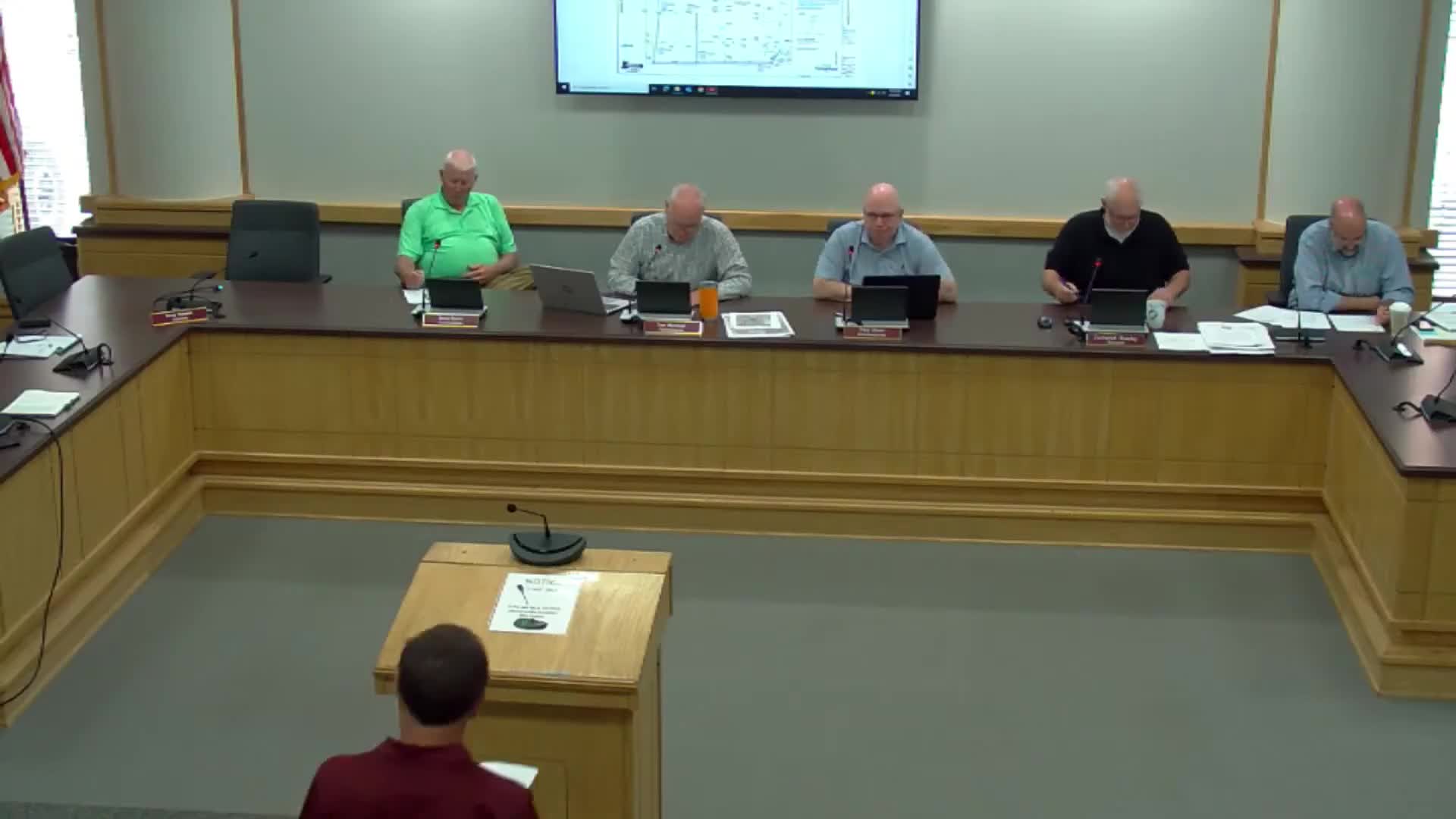
Public commenter says Rainbow Trout solar petition lacks required stormwater and wetland analyses; staff outlines ordinance and sequencing
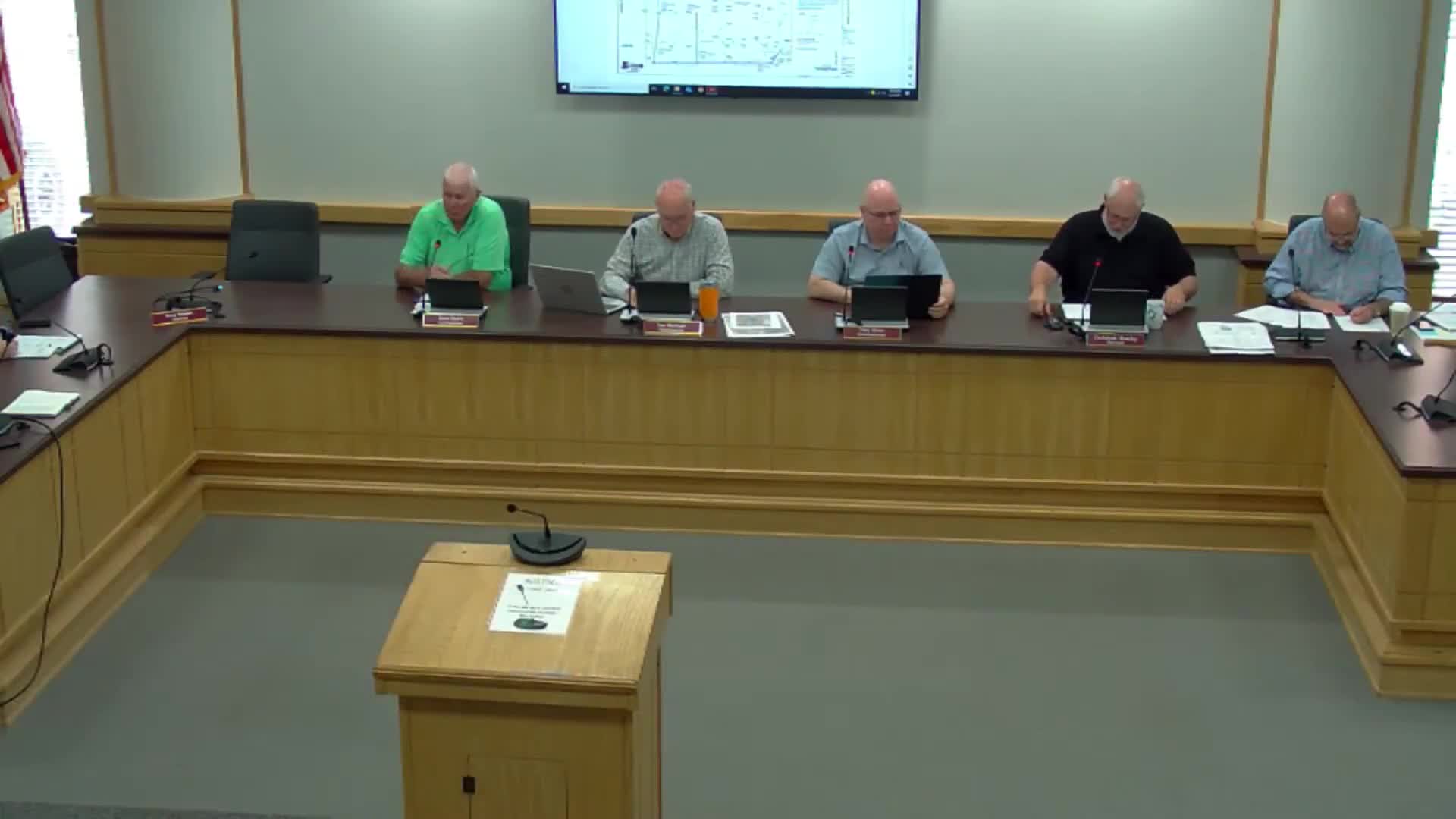
Board awards Lower Elliott regulated-drain contract, approves observation contract and hears John Bowes project update
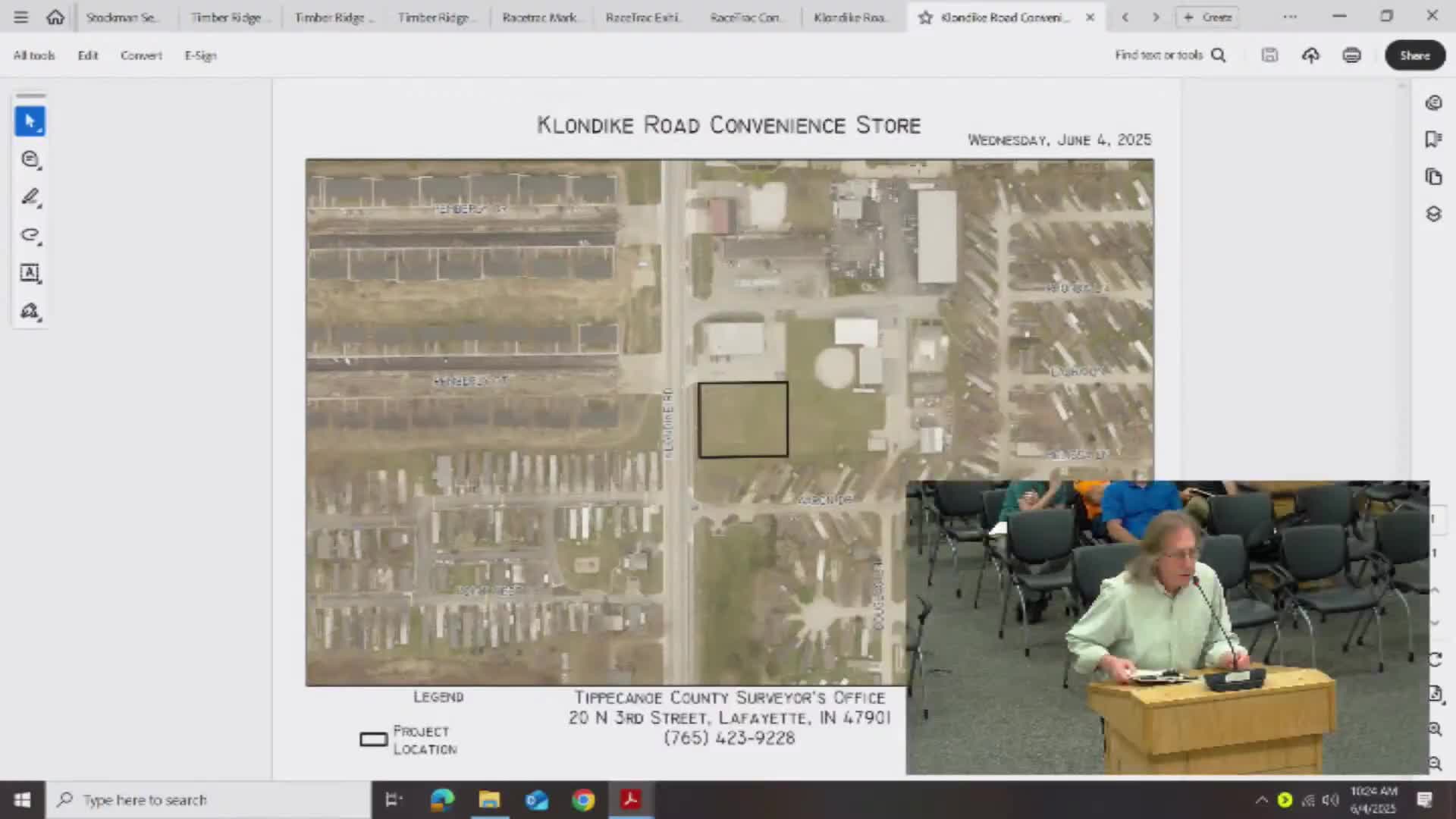
Drainage board grants construction approval for Klondike Road convenience store
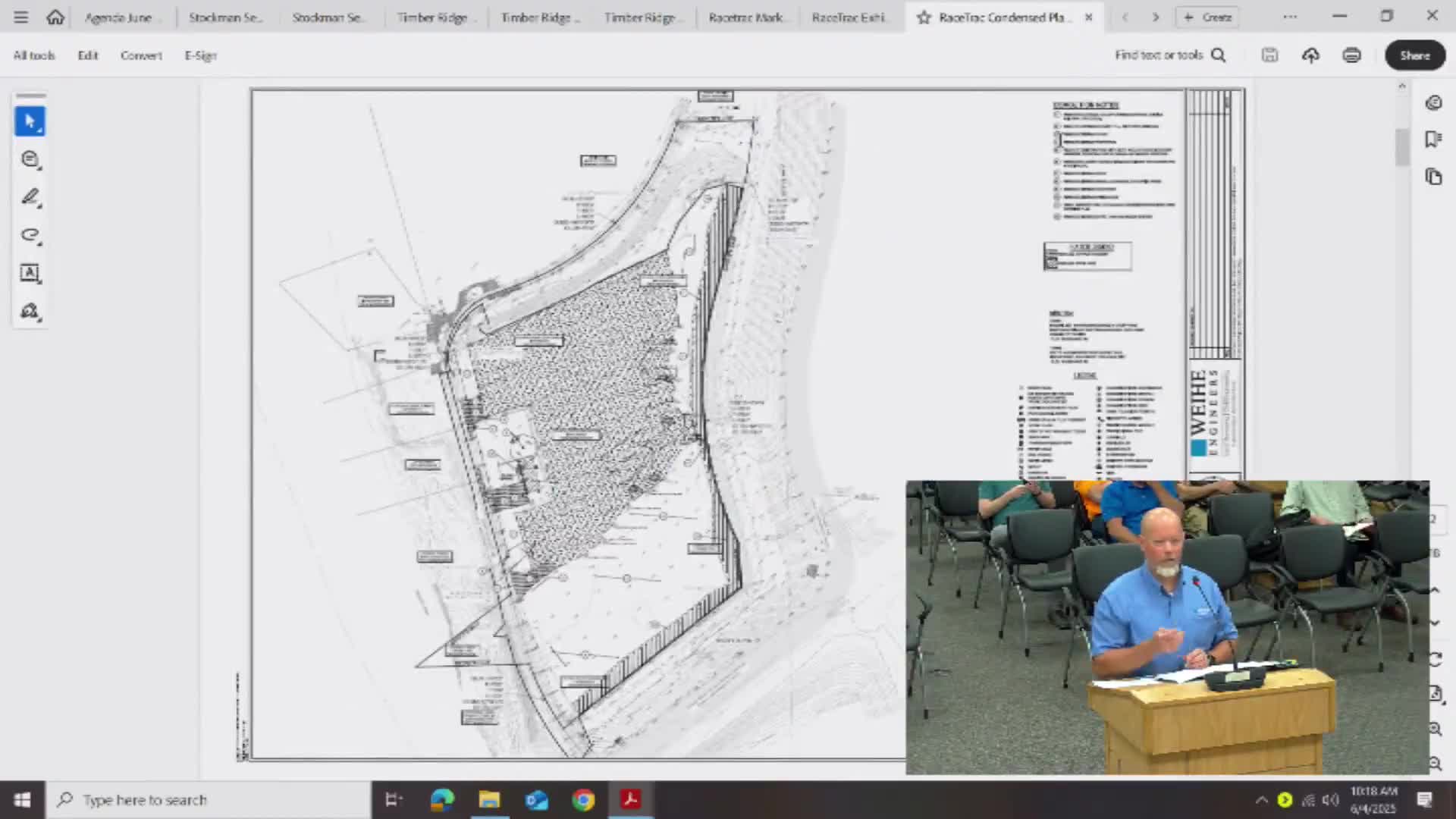
Drainage board approves Racetrack Market site plan after clarifying restrictive-covenant error
